
An ex-soldier who was diagnosed with a rare, incurable condition after he could not give a thumbs up to a colleague has said he now has the hand grip strength of a 90-year-old.
Clive Phillips, 50, who is originally from Birmingham but now lives in Hope, New Zealand, has always “prided (himself)” on his fitness and health and enjoys mountaineering, walking and cycling.
He developed some “unusual” symptoms in his late 30s – a weaker grip on pint glasses, trouble lifting bags and struggling with buttons – but since they were subtle changes he initially “ignored them”.
The “tipping point”, however, came when he was unable to give a thumbs up at work, leading to his multifocal motor neuropathy (MMN) diagnosis in December 2019 – a rare, incurable, neurological condition which causes loss of motor function.
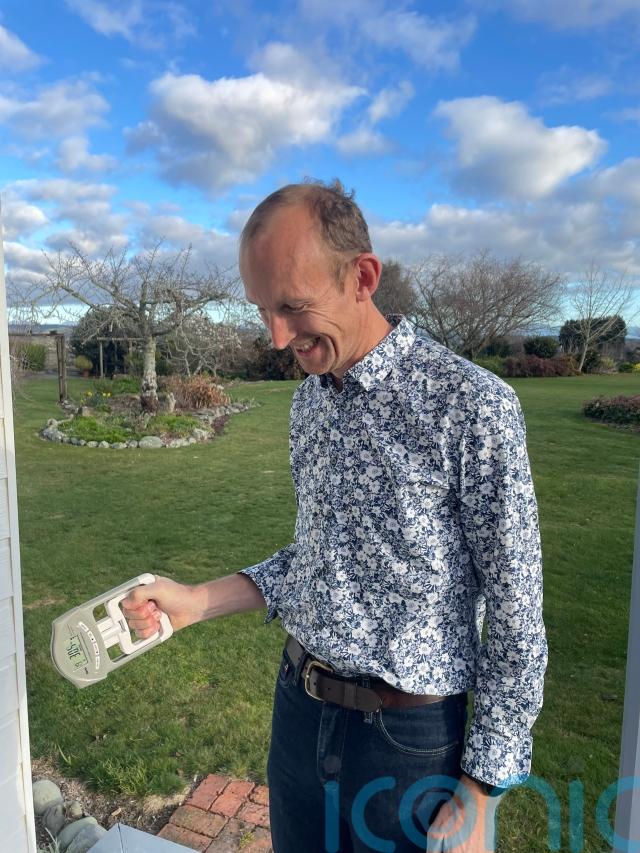
Clive, who now works in healthcare, said his condition has stabilised with regular treatment, but he still lives with residual symptoms, such as muscle wastage and reduced dexterity.
According to the National Institutes of Health, on average, it can take more than six years to receive an accurate diagnosis for MMN, and Clive said the symptoms are often mistaken for motor neurone disease (MND), which is fatal.
He has since launched a social enterprise called Making the Most of Now, inspired by the initials MMN, which is dedicated to improving understanding of the condition and “giving patients voices”.
Speaking about the moment that led to his diagnosis, Clive told PA Real Life: “I was walking down the corridor at work and trying to give someone a thumbs up with my left hand, the most natural action in the world, and I couldn’t do it.
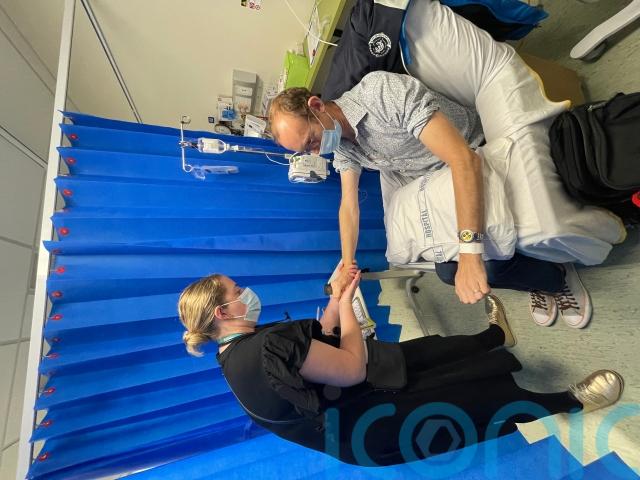
“I’m going ‘hang on a minute, I can’t do that’, and that was the moment when I realised that this isn’t normal.
“I was almost looking at my hand, willing it to do things, so that was the moment when I thought I need to see a doctor… and the rest is history.”
Birmingham born and bred, Clive said he originally trained as a geologist, later joined the Army, serving in Germany, Iraq, Afghanistan, Northern Ireland and other parts of the UK, and then “moved to (his) first desk job”.
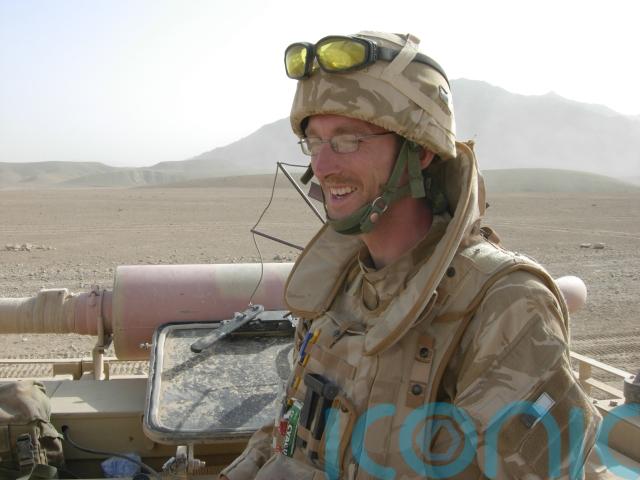
He met his wife Ann, they married in December 2010 and they soon moved to her home country of New Zealand, where Clive started working in defence and then doing “emergency management and humanitarian work”.
However, during this time, starting from 2013, Clive said he began to notice some “unusual” symptoms – which he would discover six years later was because of MMN.
“The first thing I remember was trying to hold a knife and fork and my hand shaking,” Clive said.
“I must admit at the time, shaking of the hands just brought Parkinson’s disease to mind, but it wasn’t that obvious, so I put it to the back of my mind.”
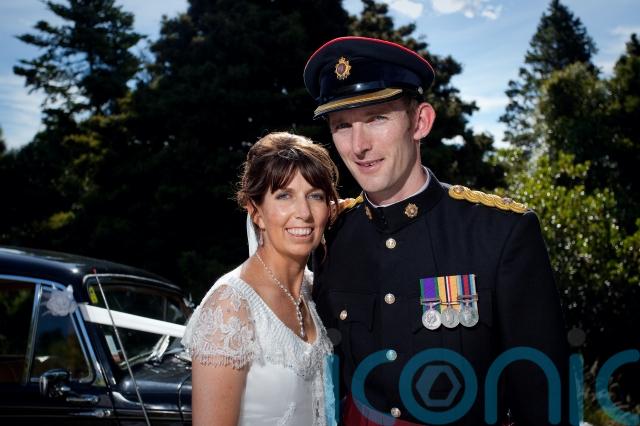
Around two years later, Clive said he had a skiing accident and “whacked” his left elbow, causing nerve pain.
As the pain persisted and he noticed the strength in his left hand weakening, he saw his GP, who advised that the injury should heal itself with time.
“I remember seeing the doctor and him saying the thing you don’t want to hear, ‘maybe it’s just age catching up with you’,” Clive said.
“So he said, ‘do some exercises and get some rubber bands to strengthen your hands’.”
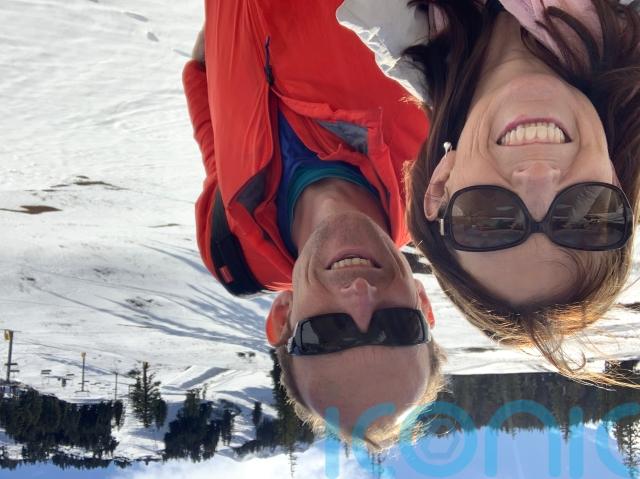
Clive and his wife decided to move back to the UK in 2018, and this is when he started to notice the symptoms “on a regular basis”.
“The first was realising that I could no longer hold three pints with two hands,” he said.
“Then I started to notice that, sometimes, when I was trying to do something with my left hand, I would brace my elbow against my body to give it extra strength. This was mainly evident when I was getting on planes.
“Trying to reach up with something in my hands, I’d start to worry or feel like my arm was collapsing because I’d lost strength, so I was always afraid of putting my bag into the overhead locker.
“But that wasn’t enough to send me to the doctor.”
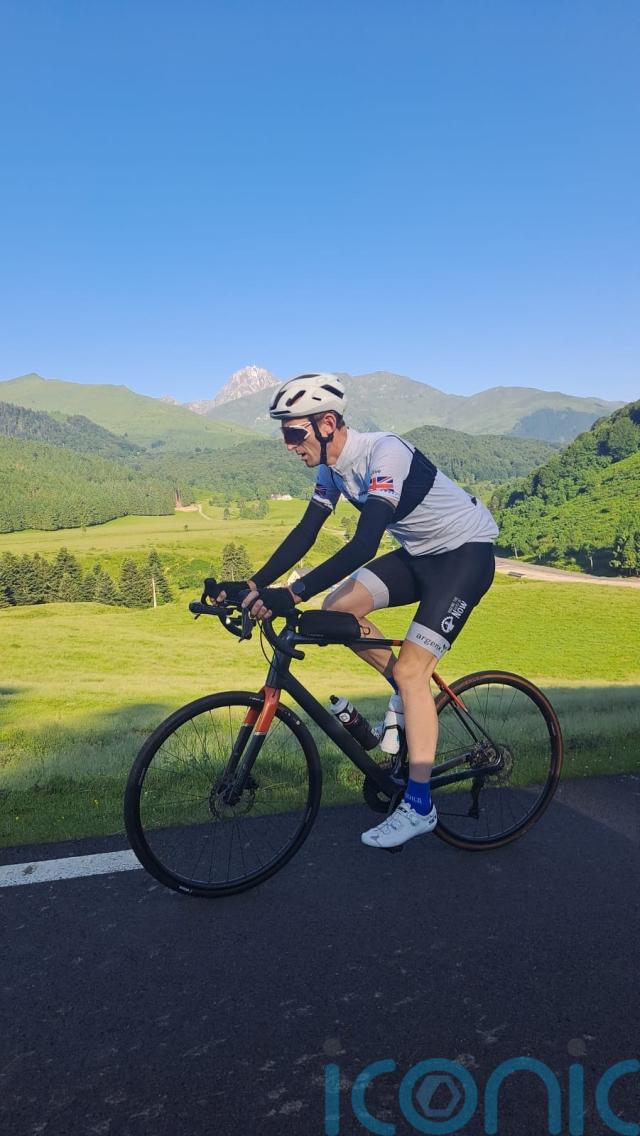
It was only in early 2019 when he tried and failed to give someone a thumbs up at work that he realised “this isn’t normal” – and after moving back to New Zealand that year, he saw his GP again.
With his doctor saying “that’s not right” and Clive soon developing foot drop, a condition which caused him to “trip over”, he said he was initially referred to a hand specialist and then a neurologist.
After a number of tests and examinations, including a nerve conduction study, which measures the speed at which impulses travel along a nerve, a lumbar puncture, MRI and blood tests, Clive’s MMN diagnosis was confirmed in December 2019.
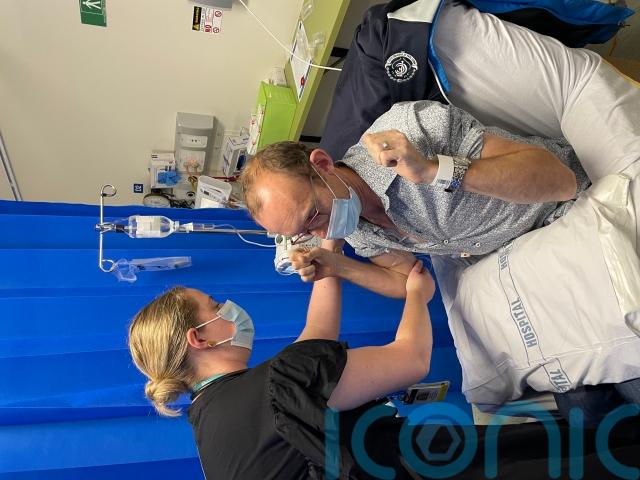
“My diagnosis, in some respects for me, was easy compared to many people,” he said.
“MMN is often mistaken for MND in the early phase… and if it’s an average of six or seven years to diagnose it, many people will be misdiagnosed two or three times in that period.
“I guess I just took it one day at a time.”
Clive said he began intravenous immunoglobulin (IVIg) therapy, which is made from donated human plasma, and the treatment involves a day of hospital infusions usually once a month.
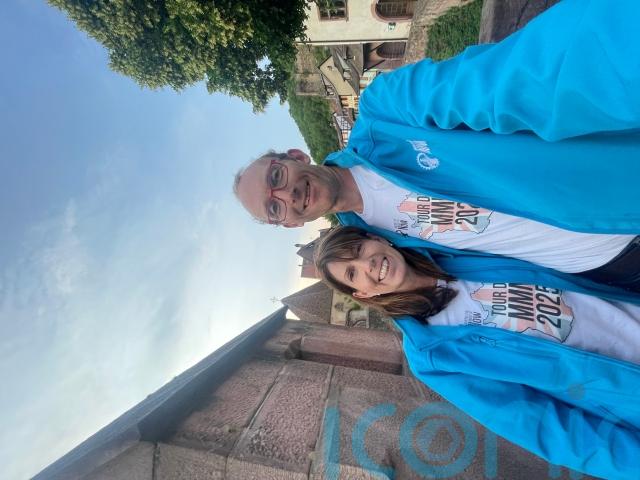
According to Inflammatory Neuropathies UK, IVIg is the only treatment for MMN that is approved by the Food and Drug Administration (FDA) and regulatory agencies in Europe and Canada.
The prevalence of this very rare disease is estimated to be 0.6 cases in every 100,000 people, the organisation says.
By Christmas Eve, Clive said he was able to give his wife a thumbs up again, and from this moment, he thought “wow”.
He said: “I’m incredibly lucky. I started on treatment once a month, I responded well to that and pushed it out to once every six weeks.”
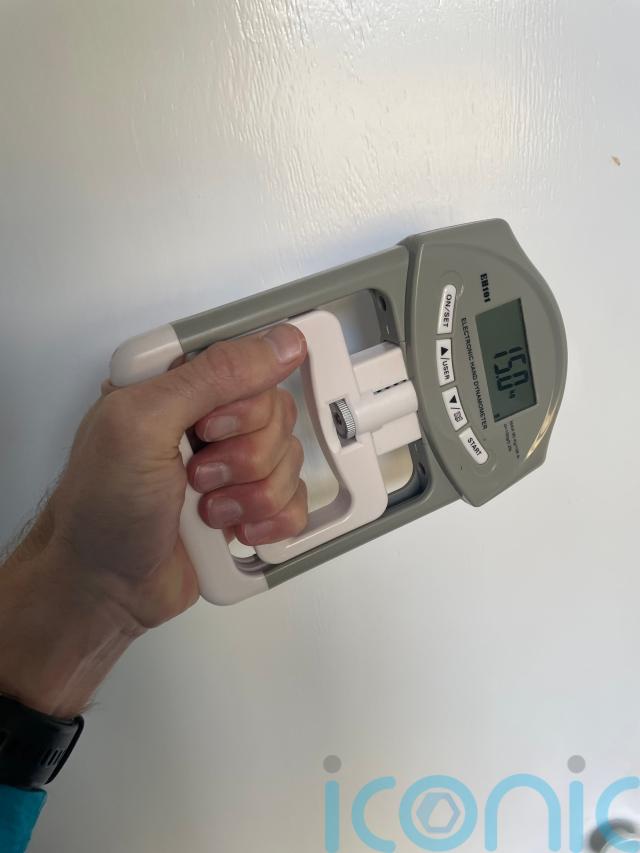
His strength in his hands started to return, he was no longer struggling with foot drop and his symptoms have since stabilised – although he said his left hand now has the grip strength of a 90-year-old.
Determined not to let the condition define him, however, Clive returned to cycling – a lifelong passion – and established the Making the Most of Now project to increase awareness and understanding of MMN.
He began a series of increasingly challenging bike rides to help raise funds for MMN research, including a 22-day cycle in June this year that retraced the route covered by the first British Tour de France team.
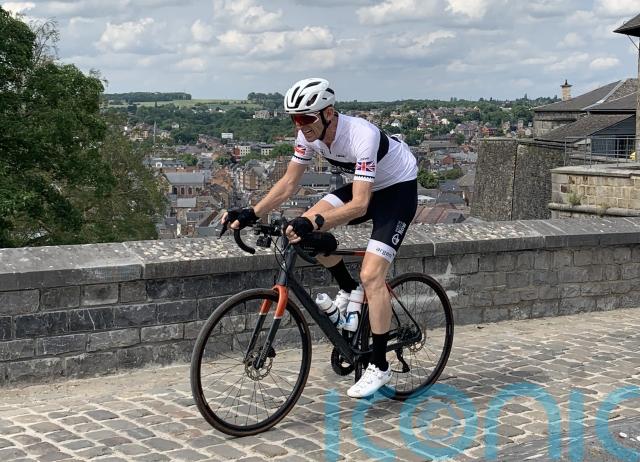
“There was a time when I thought I might never ride again,” he said.
“I felt like I’d been given a second chance, and I wanted to do something meaningful with it.”
Clive hopes that, with time and more funding, the “journey of diagnosis” for MMN will be quicker and easier and there will be more targeted treatments in the near future.
He said there is an “incredible community” of MMN researchers and patients, and he hopes he can inspire and give “hope” to others.
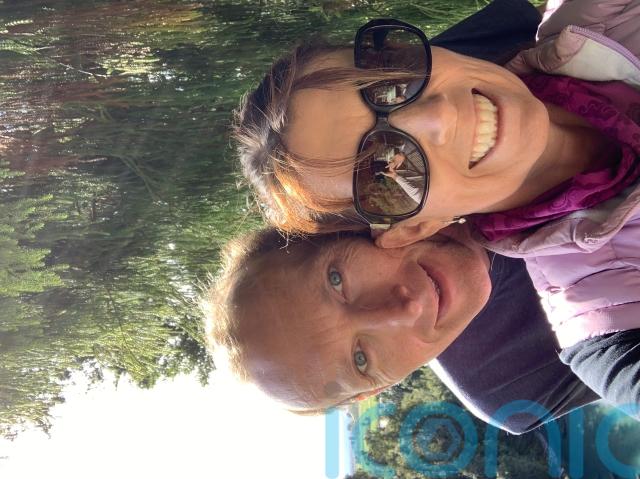
“I’m incredibly grateful for everything I’ve got,” he said.
“I’d say to others, don’t isolate yourself, connect (with people) and be your own advocate.
“You are the expert in you and your condition… so take ownership of your own symptoms, your own condition, and don’t be afraid to call bullshit when they won’t listen to you.”
To find out more about Clive’s social enterprise, Making the Most of Now, visit: makingthemostofnow.co.nz.
Subscribe or register today to discover more from DonegalLive.ie
Buy the e-paper of the Donegal Democrat, Donegal People's Press, Donegal Post and Inish Times here for instant access to Donegal's premier news titles.
Keep up with the latest news from Donegal with our daily newsletter featuring the most important stories of the day delivered to your inbox every evening at 5pm.